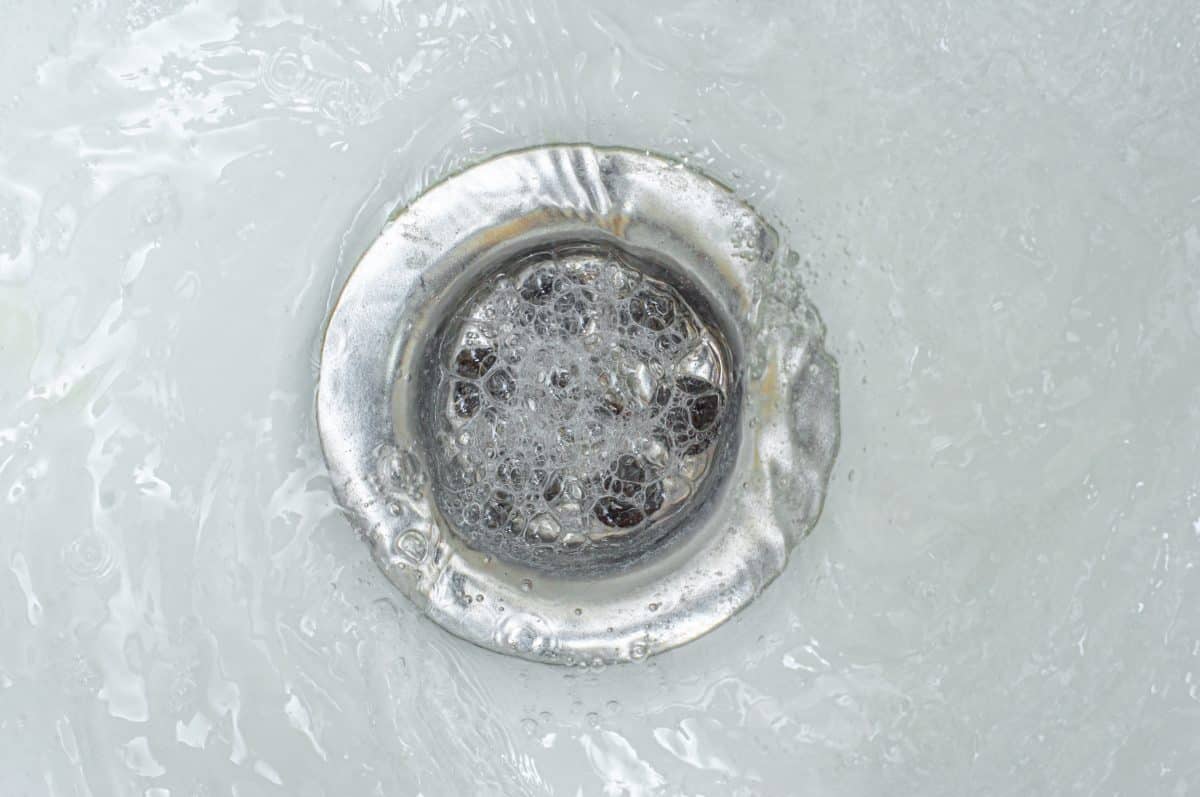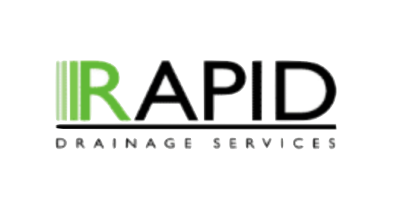Why Does My Drain Smell? Common Causes (and How to Fix Them)
Why Does My Drain Smell? Common Causes (and How to Fix Them)
Few things ruin the cosy vibe of your home quite like a mysterious smell wafting from your drains. You light a candle, spray some air freshener, maybe even blame the dog – but nope, the unmistakable pong of foul drains lingers.
The truth is, smelly drains are one of the most common plumbing issues homeowners face in the UK. From food scraps to bacteria, from mould to collapsed pipes, the causes can range from simple nuisances to serious problems that require professional intervention.
So, why does your drain smell, and more importantly, how can you fix it? Let’s take a closer look.
1. Bacteria Build-Up: The Usual Suspect
Drains are moist, dark, and full of organic matter, basically the perfect playground for bacteria. As food debris, hair, and soap scum build up, bacteria thrive and release foul-smelling gases.
Where it happens most:
Bathroom sinks (hair + soap residue = bad combo)
Showers (hello, clogged hairball)
Kitchen sinks (food particles lurking out of sight)
Quick Fix:
Use boiling water once a week to flush away build-up.
Install a plug guard to catch hair and debris before it slides down your drain.
For stubborn odours, try a natural cleaner like vinegar and bicarbonate of soda.
If that doesn’t work, it may be time for professional drain cleaning in London, because sometimes bacteria need more than a vinegar bath to vacate.
2. Food Waste: The Kitchen Culprit
Your kitchen sink takes a beating. Even when you’re careful, tiny particles of food and grease slip past and lodge in the pipes. Over time, they rot, and your nose is the first to notice.
Tell-tale signs:
Sink smells worse right after doing the washing up.
Water drains slowly, as though the pipe is sighing under the weight of last night’s pasta.
Solutions:
Scrape plates into the bin before rinsing.
Never pour grease or oil down the sink (it solidifies and clogs).
Use a gentle enzyme-based drain cleaner – not harsh chemicals that corrode pipes.
3. Leaks and Escaping Sewer Gas
If your drains smell bad even when water flows freely, you might be dealing with a leak. Cracked pipes or loose joints can allow hydrogen sulphide (sewer gas) to escape, filling your bathroom or kitchen with an unmistakable stench of rotten eggs.
Causes of leaks:
Corrosion over time
Poor pipe fittings
Small perforations from wear and tear
This one isn’t a DIY job. Gas leaks are a serious health hazard. If you suspect this issue, call in a professional plumber immediately.
4. Plumbing Errors
New bathroom installed? Recent plumbing work? If bad smells start right after, you might be dealing with a plumbing mistake. A poorly fitted trap or incorrectly sloped pipe can allow sewer gases to seep back into your home.
It’s always worth contacting the original installer to check the work – or, for peace of mind, get an independent plumber or drainage company (like us!) to double-check.

5. Mould: The Musty Menace
Not all smelly drains stink like sewage. If the smell is more “damp and musty” than “knock-you-off-your-feet foul,” you might be dealing with mould.
Why mould grows in drains:
Loose or ill-fitting drain covers create moist gaps.
Small leaks allow constant dampness under the cover.
Fix:
Remove the drain cover and clean thoroughly with mould spray.
Scrub any growth from the cover itself.
Reseal the drain cover to prevent regrowth.
If the smell persists, replacing the cover may be your best bet.
6. Collapsed Drains: The Big Bad
When foul odours linger despite your best efforts, it could be a sign of something serious: a collapsed drain. This happens when old pipes crack or give way, often due to years of wear, tree root intrusion, or ground movement.
Warning signs of a collapsed drain:
Bad smells that won’t go away
Damp patches inside your home
Sunken or soggy areas in your garden
A collapsed drain is not a DIY fix—it requires immediate attention from a drainage specialist. The longer you wait, the more extensive (and expensive) the damage becomes.
How to Stop Smelly Drains Before They Start
Prevention is always better than cure. Here’s how to keep your drains smelling fresh:
Weekly flush: Pour boiling water down kitchen and bathroom drains.
Catch debris: Use plug guards in sinks and showers.
Bin it, don’t sink it: Dispose of grease, oils, and food waste in the rubbish.
Schedule maintenance: Professional drain cleaning in London ensures pipes stay free of bacteria, mould, and hidden blockages.
When to Call the Professionals
If you’ve tried boiling water, vinegar, drain cleaner, and still face foul odours, it’s time to call in the experts. Rapid Drainage offers:
CCTV Drain Surveys to pinpoint the problem.
High-Pressure Jetting to clear stubborn blockages.
Emergency Drain Unblocking 24/7 for those “I can’t live with this smell another second” moments.
We don’t just clear blockages, we find the root cause and stop it from coming back.
Don’t Suffer Smelly Drains
Smelly drains aren’t just unpleasant, they’re a warning sign. Whether it’s bacteria, mould, food waste, or something more serious like a collapsed drain, ignoring it can lead to bigger problems.
So the next time you ask yourself, “Why does my drain smell?” remember this: small smells today can turn into big problems tomorrow. And if you’re in London, Rapid Drainage is just a call away to make your home smell like home again.


Fresh drains, happy home – that’s our promise.


